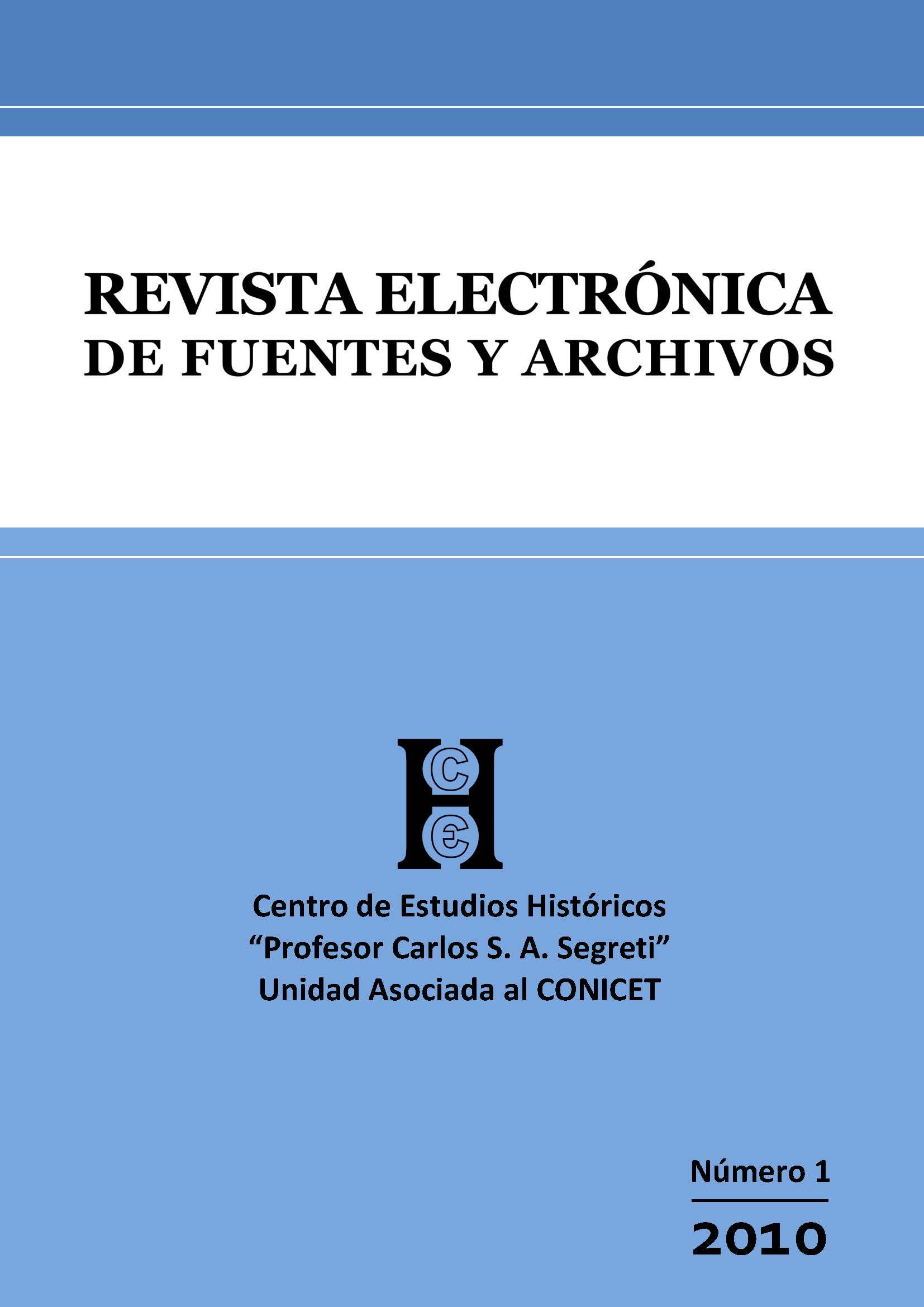The importance of judicial records as a source for the reconstruction of labor relations labor relations
Keywords:
labour relations, court records, labour disciplineAbstract
This study focuses on the significance of judicial sources to the analysis of social and labour relations. Based on a specific labour dispute arising at Calera Avellaneda, a cement plant located in the city of Olavarría, the research centres on the court records which describe in detail, among other things, the causes and forms adopted by such dispute. We consider the recovery of the value of judicial sources of the utmost importance as well as their respective contributions to the study of some types of labour-management behaviour associated with disciplinary directives applied by the company.
Downloads
References
BABIANO MORA José, Paternalismo industrial y disciplina fabril en España (1938- 1958), España, Consejo Económico y Social, 1998.
BELINI Claudio, La industria peronista: 1946-1955: políticas públicas y cambio estructural, Buenos Aires, Edhasa, 2009.
GARCIA BOSIO Horacio, “La fuente judicial y el mundo del trabajo”, La fuente judicial en la construcción de la memoria, Mar del Plata, Universidad Nacional de Mar del Plata, 1999.
GAUDEMAR Jean Paul, “Preliminares para una genealogía de las formas de disciplina en el proceso capitalista de trabajo”, Espacios de poder, Madrid, Piqueta, 1981.
KLUBOCK Thomas, “Hombres y mujeres El teniente. La construcción de género y clase en la minería chilena del cobre, 1904-1951”, Disciplina y desacato, construcciones de identidad en Chile, siglos XlX y XX, Chile, Sur, 1996.
NEIBURG Federico, Fábrica y Villa Obrera: Historia social y antropológica de los obreros del cemento, Buenos Aires, CEAL, 1988.
SIERRA ÁLVAREZ José, El obrero soñado. Ensayo sobre el paternalismo industrial (Asturias, 1860-1917), España, Siglo XXI, 1990.
Downloads
Published
Issue
Section
License
Copyright (c) 2010 Griselda Lemiez

This work is licensed under a Creative Commons Attribution-NonCommercial-ShareAlike 4.0 International License.
Se puede compartir (copiar y redistribuir el material en cualquier medio o formato) y adaptar (remezclar, transformar y construir a partir del material), siempre que: a) se cite la autoría y la fuente original de su publicación (revista, editorial y URL de la obra); b) no se use con fines comerciales; c) la distribución de las obras derivadas se haga con una licencia igual a la que regula la obra original.




















